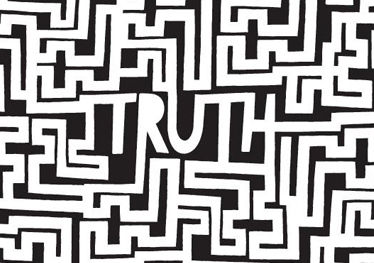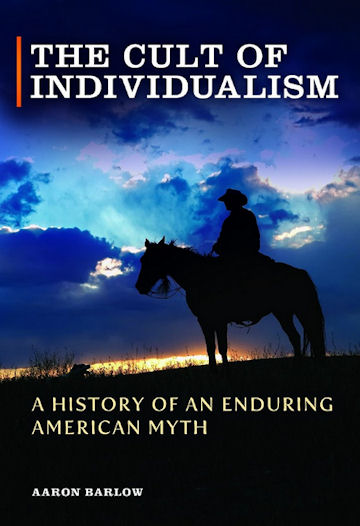What is true?
I never said he stole money.
Well, the truth of the matter is, “I NEVER said he stole money.”
No, wait, I meant, “I never SAID he stole money.”
But really, I said, “I never said HE stole money.”
And so on.
Changing the word that gets the emphasis, the meaning of the sentence changes. It can change six times.
What did the person hearing it perceive? Perception is reality.
Suppose the hearer was a reporter with a bias against whomever said it. How would it be reported?
Before publishing their story, would the reporter have taken the time to investigate what happened to cause the subject to use the above six words?
If you’re old enough to remember Watergate, you remember Ben Bradlee of the Washington Post would not publish anything Woodward and Bernstein wrote without two corroborating sources.
Now, suppose you heard someone of importance use the above six words with NO emphasis on any particular one.
And suppose you had a personal bias against the “he” who may have stolen. We all hear what we want or expect to hear. Those six words would delight our senses and confirm our suspicions.
What is the truth?
Can reality be relative to the perceptions of the hearer?
What about the speaker?
Whom do you trust to tell you the truth?
Recently I shared an item on Facebook from a friend. It was a link to a website and featured a headline expressing surprise that in light of what appears to be a popular tax cut, the opposing party announced plans to tout a tax increase in their efforts to gain influence in congress in the 2018 midterms. It quickly provoked a comment from a real life friend of mine questioning the source. I asked why that would be important if the information turned out to be true?
To be fair, it has been my contention for over sixty years that all news outlets and media are biased. As polarized as the country is now, it’s hard to find a middle of the road source of information (notice I avoided the word, “news?”)
If you listen to or read readily available (notice I didn’t say “main stream?) information, you can rely on two things:
- It will be biased.
- Regardless of the bias, it will conform to the age old motto of news media, “Never let the truth interfere with a good story.”
Good stories sell.
Choose your poison.
Are we any closer to the truth?
In court, it’s long been commonly accepted that eyewitness accounts are unreliable. When there are more than two, they seldom agree. Now, with the advances in video technology, is video tape trustworthy? I recently heard even the Zapruder film had been altered.
Can we trust online fact checkers?
My friends on the left like Snopes while my friends on the right prefer FactCheck. They both cite major funding sources as their reason not to trust.
What about a situation in which someone you trust throws you a curve? An old friend sent out and email to his list of friends. I quickly identified it as a joke. It was masquerading as a newspaper article. Some recipients thought it was factual and replied with concerns for a professional who had supposedly been caught in a dalliance with a patient. He reports to his own amazement about half of the recipients thought it factual–despite the inherent absurdity.
Is the truth relative?
I’ve always appreciated the axiom that “perception is reality.” If how we perceive information is in fact what we interpret as truth, then whether or not something is in fact true, is like beauty.
It’s in the eye of the beholder–no matter the source.
==============================
[NOTE: Special thanks to my good friend Art Hoffman for suggesting this topic.]
==============================

 Watch for a blog soon on how the series title was selected.
Watch for a blog soon on how the series title was selected.